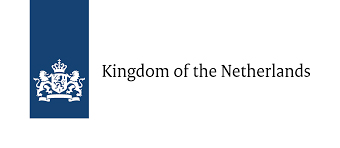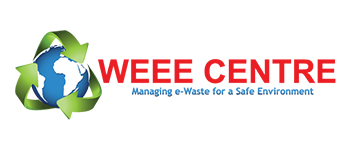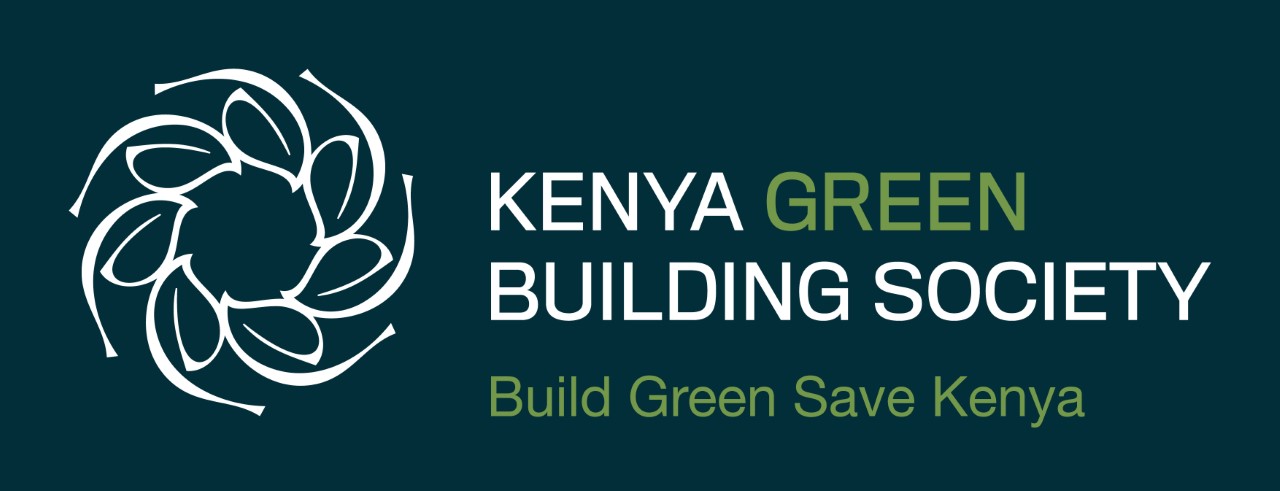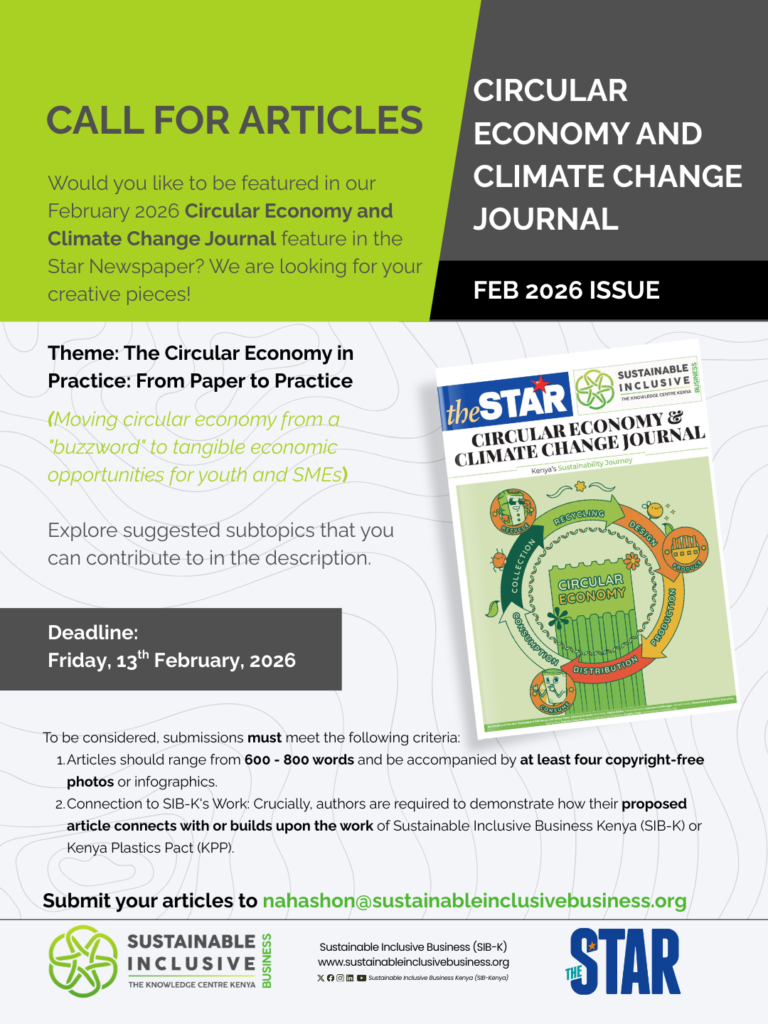Assessment of the Current Status of the Circular Economy in the Waste Sector for Developing a Waste Stream-Specific Roadmap in Zambia
Zambia’s annual waste production is around 3.6 million tonnes. This large amount of waste is not handled or managed sustainably, putting people’s health at risk and causing environmental degradation and resource depletion. The existing status of waste management is reason enough to support the transition from a linear to a circular economy. This transition requires a policy framework, innovation, and the requisite infrastructure. The Netherlands Organisation for Applied Scientific Research (TNO) and Sustainable Inclusive Business (SIB-K) assessed the current state of the circular economy in the waste sector in Zambia in collaboration with NDE Zambia and with funding from the European Commission through the Climate Technology Centre & Network (CTCN). The findings of this study aided Zambia in designing a waste stream roadmap for attaining a circular economy in the waste sector with a specific focus on the priorities of the waste stream. Plastic was selected as the priority waste stream in Zambia.

Project Objectives
To develop a waste stream-specific (plastic) roadmap and pilot project for the circular economy in Zambia.
Specific objectives:
- Assessment of the waste management practices for the six waste streams (plastics, metals, glass, paper, household waste, agricultural waste), identifying and developing an up-to-date guide to key stakeholders, existing public and private sector initiatives, and policies and insights in waste generation and processing.
- Identify potential opportunities and barriers to shifting to a more circular waste management system.
- Selection of a prioritized waste stream showing the highest potential for transition to circularity.
- Developing a national roadmap for the selected waste stream is a management tool for the implementation phase aimed at creating new businesses, innovation, and technology transfer.
- The conceptualization of a pilot project will include potential benefits in economic, social, institutional, and environmental terms.


Target Groups & Impact
Target Group(s): The target groups were the NDE Zambia, Zambia National Government, government agencies, waste management organizations, informal waste players, and households.
Impact:
- Conducted a successful study to assess the current state of the circular economy in the waste sector in Zambia.
- Analyzed policy gaps and provided recommendations for Zambia’s transition to circularity.
- Designed a conceptualized pilot project for the circular economy in Zambia.
Aided Zambia in designing a waste stream roadmap for attaining a circular economy in the waste sector, specifically focusing on plastic. This roadmap includes short-, medium-, and long-term recommendations for, among others, appropriate technologies, legal reforms, policies and regulations, and market engagement.
Project Partners










